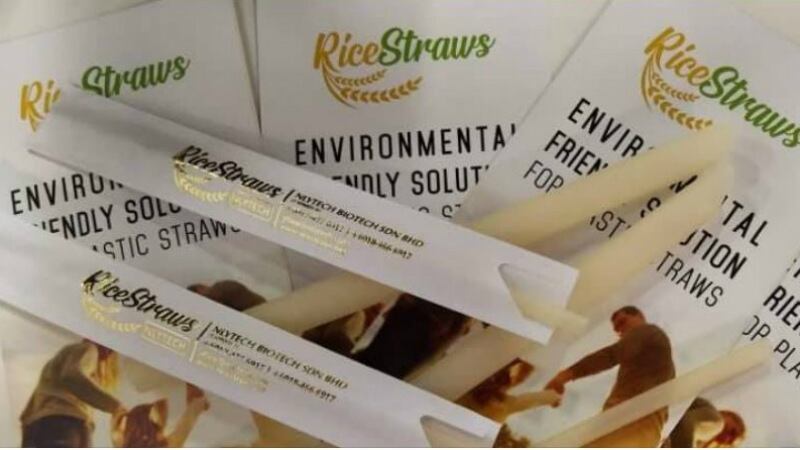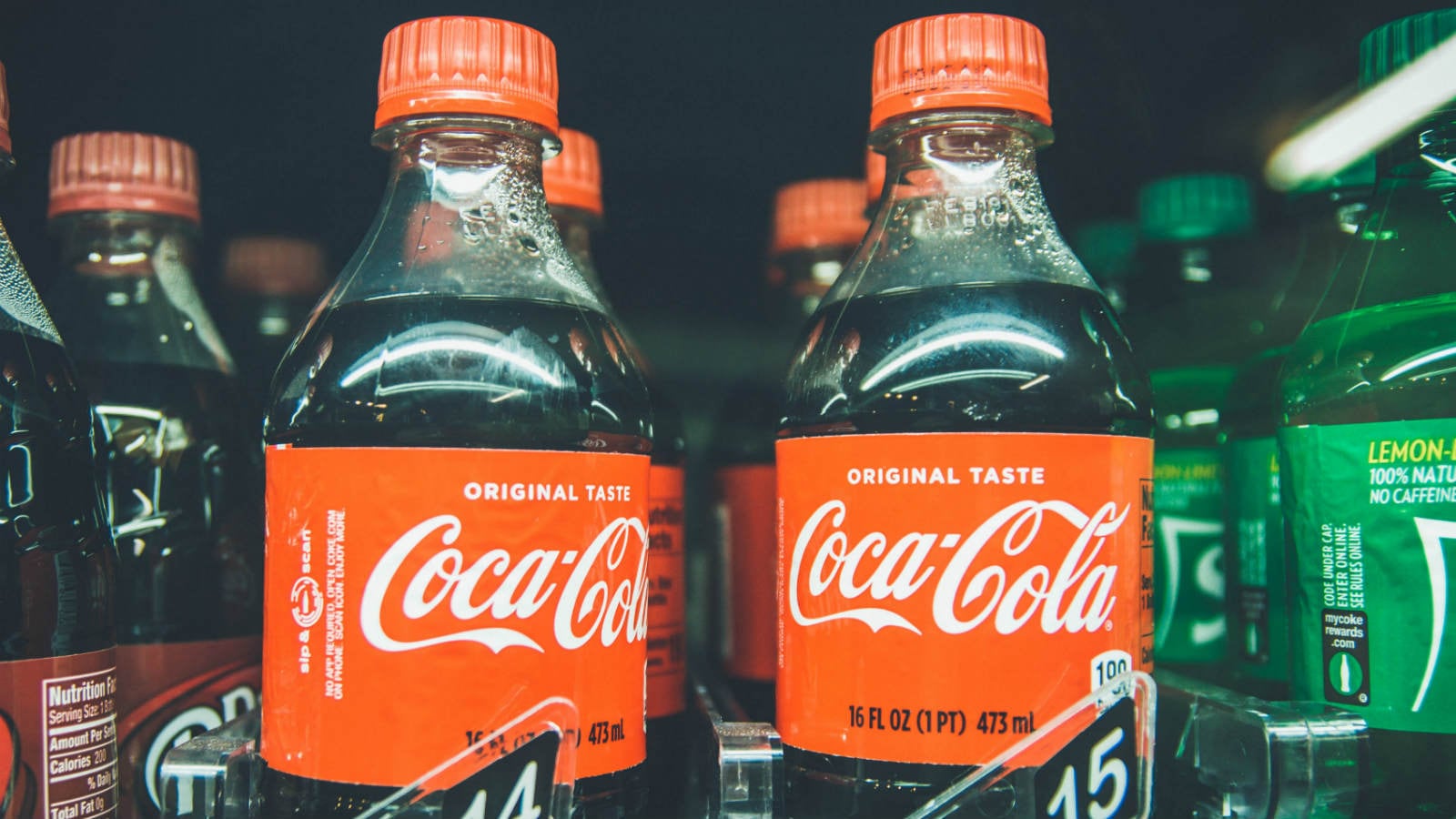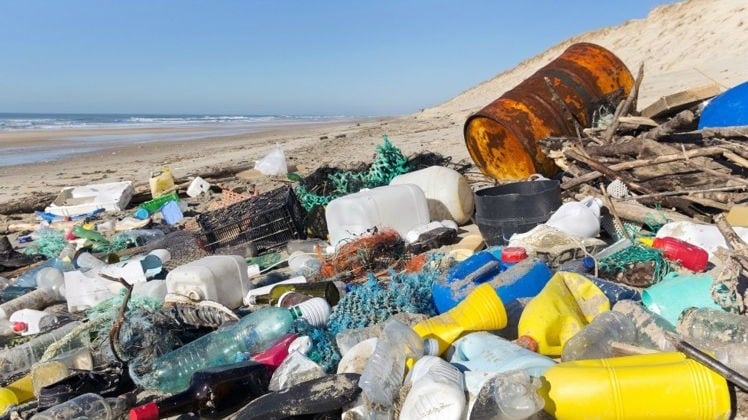With plastic waste being one of the hottest environmental topics, many beverage brands and foodservice outlets have been seeking to reduce their use of plastic straws. However, some of the alternatives, including paper-based products, have not always been well received by consumers.
“RiceStraws is environmental-friendly and edible, made of rice and tapioca,” NLYTech Business Director Kenzo Lim told FoodNavigator-Asia.
“The straws are made of 100% natural ingredients and in compliance with food safety standards (HACCP and ISO 22000) in addition to being halal-certified.”
Durability is a major selling-point for the straws – these are said to last between two to three hours in hot drinks, and four to 10 hours in cold ones, which is much longer than the average amount of time needed for the average person to finish a beverage.
“[The straws will not] affect the taste of [or] dissolve in the drinks. We also provide multiple colour options [using food grade colours], customised sizes and logo printing, as well as different recipes/flavours of straws if so required,” said Lim.
He added that if left unused, the straws also have up to two years of shelf life.
The company is based in Penang, Malaysia and currently already covers both Malaysia and Singapore via its sales network, but it has much bigger plans beyond this region.
“[We] are also building partnerships with distributors from North Asia and [other parts of] South East Asia, Australia, Europe, North America and South America, [with] the rest of the world in the pipeline too,” said Lim.
“[We also estimate that some] 36 containers [of] RiceStraws will be shipped worldwide over the next four months.”
Although he declined to reveal details about the process behind the RiceStraws production, Lim told us that these were 100% biodegradable, and would completely decompose in the environment within 90 days.
Comparisons with other straw alternatives
RiceStraws have an obvious advantage in terms of sustainability if compared with the average plastic straw, but it has gone beyond this to claim superiority above other straw options currently available in the market such as paper, polylactic acid (PLA), metal and bamboo as well.
“Paper straws are made from trees and has harmful environmental impacts due to deforestation,” said Lim.
“These also tend to taste like paper and do not last as long in liquids.”
PLA straws are made from renewable ingredients such as sugarcane or corn starch, but will eventually ‘become another become another form of plastic that will take years to breakdown’.
“PLA straws need to be composted under specific conditions and most countries do not yet have common facilities to compost PLA based products, forcing them to end up in landfills,” added Lim.
As for metal and bamboo straws, he said these both had ‘hygiene issues’, were inconvenient to carry and clean, and were also costly to purchase and maintain.
NLYTech won the Best Sustainable Packaging award at the Asia Food Innovation Awards 2019 for RiceStraws, and intends to expand its sustainable portfolio moving forward.
“We are planning to produce cutlery products made of rice and tapioca in year 2020,” said Lim.
Challenges
RiceStraws are expected to first hit the Singapore market this September, retailing at the ‘affordable price’ of around S$0.03 (US$0.02) per piece, followed by other countries.
That said, Lim conceded that the final pricing point was still likely to be somewhat higher than regular plastic ones, and this was a major challenge for the company.
“A lot of consumers are not ready [for] the changes of replacing plastic straws with biodegradable straws as the latter might cost more,” he said.
“This is the major challenge we face when we try to penetrate into developing countries in the region. The next challenge in line will be customs and regulatory, hence we need help from local distributors who are familiar with these.”
Lim maintained that the potential for RiceStraws in the APAC region is significant, given local policies and regulations in line with the sustainability inititiative.
“[For example], Malaysia will be implementing a plastic ban starting from 2020, [so] the F&B companies affected will have to look for alternatives to replace plastic straws, or try to change the behaviour of their consumers,” he said.
“As for other countries that do not have such a ban, creating awareness of [the importance of a] plastic-free environment largely depends on social efforts, [so it] will take a longer time for RiceStraws to reach its full [potential].”





